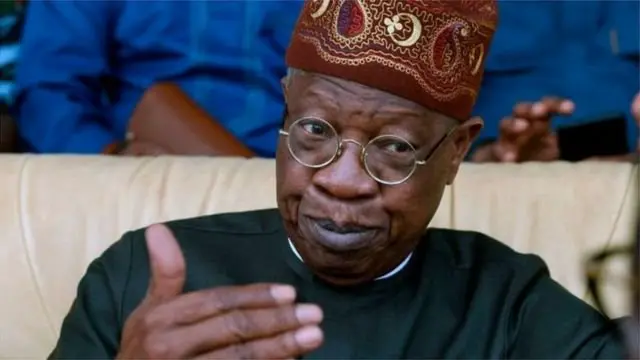A new policy proposed by the Buhari regime will see state agents obtain phone number, emails and other personal identifying information tied to a social media account.
The guideline published by the information technology office NITDA said social media platforms will be forced to register in Nigeria and then support the regime’s efforts to crack down on Internet speech.
Part one, section five of the guideline published on Monday said platforms shall: “Disclose the identity of the creator of information on its Platform when directed to do so by a Court order.
“Provided that an order of this nature shall apply for the purpose of preventing, detecting, investigating, or prosecuting an offence concerning the sovereignty and integrity of Nigeria, public order, security, diplomatic relationships, felony, incitement of an offence relating to any of the above or in relation to rape, child abuse, or sexually explicit material.
“Where the first creator of the message in question is located outside Nigeria, the first creator of that information in Nigeria shall be deemed to be the first creator.”
Social media registration information could include phone number, emails, date of birth, home address, and other personal identifying information.
The proposed regulation has been criticised as an attempt by the government to regulate social media through the backdoor.
The government has faced pushback since 2015 when a social media bill was first mulled at the parliament.
In June 2021, the government shut down Twitter over claims that the platform was being used to spread separatist information. The ban was lifted earlier in January 2022.
The government has denied going after free speech of Nigerians, which is protected by the Constitution, saying its efforts are largely aimed at curbing the spread of false and harmful information.
The government said the proposed code received contributions from experts, but did not say which organisations contributed.
It remained unclear whether the social media platforms were carried along in developing the document.
Elsewhere in the document, the government said social media platforms shall create a backend access for government agents to pass information about objectionable posts.
“Provide a dedicated channel that is available all the time where an authorised government agency can lodge or forward a request or complaint against contents that are unlawful or harmful,” the code said in part one, section seven.


